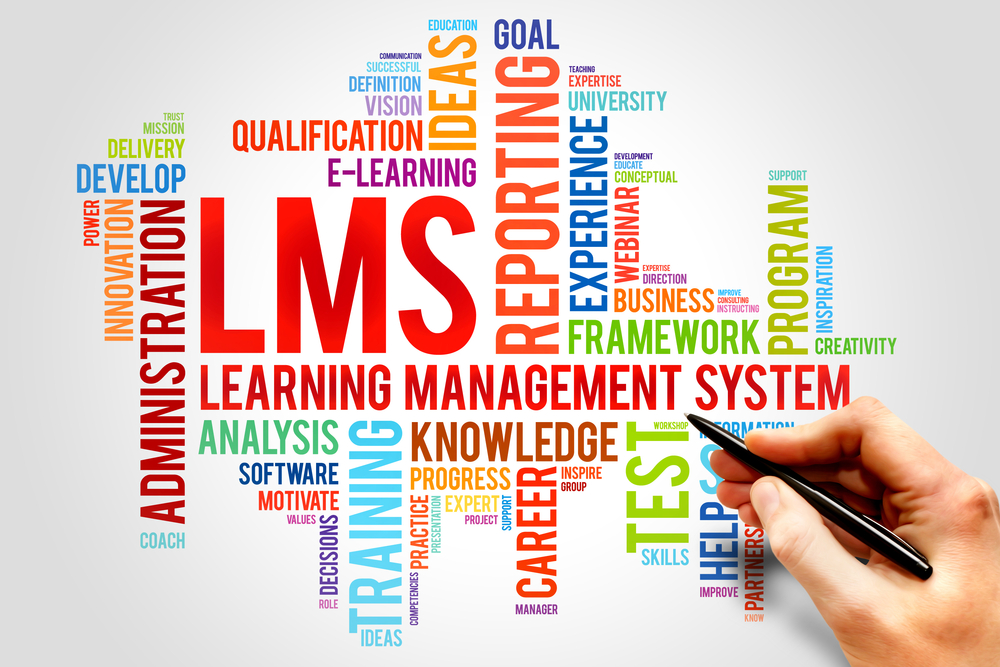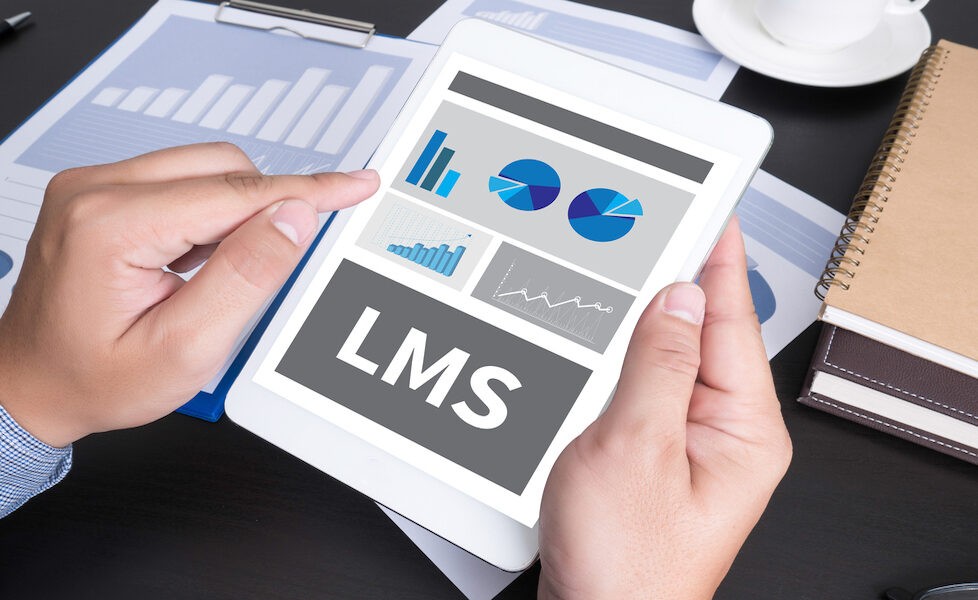The corporate training and development industry has witnessed immense changes and tectonic shifts over the last decade. In the last few years, we’ve moved from paper-based training to online training using a wide range of LMS software that facilitates smooth and effective training.
It has been discovered that companies that invest in their employee training are able to increase the engagement levels of their employees and thereby reducing the turnover rate. Thus, many companies have started to leverage this opportunity and provide extensive training to their employees using LMS.
There are many benefits of using LMS. Some of them are listed below-
- High engagement rates
- Increased retention
- Flexibility in training
- Anytime and anywhere learning
- Reduces turnover rate
- Increased productivity and performance of employees
- Easy and quick online training assessments
- Gamified learning
All the above-mentioned benefits make LMS a worthwhile investment.
But as time passes, your company’s needs and requirements change. So if your company grows then you need to upgrade your LMS to keep up with change. After all, an LMS comes with a lifespan of utility. You’d then need a robust LMS and not the one which works in isolation to ensure you can give an edge to your business competitors.
There is no predetermined date for upgrading an LMS. It’s only when an LMS fails to deliver the required training to employees, that you should think of upgrading it.
The following are the signs that help you to know when you need to upgrade your LMS.
-
The increasing size of your organization-
The expansion of your organization indicates that you are growing and nothing can be more joyful than this. But as your organization expands, new employees begin to enter the organization. Soon you’ll realize that your existing cloud-based LMS can accommodate only a limited number of employees and data.
In that case, you need to quickly upgrade your LMS to support new business processes and changes.
-
Outdated features-
Many people believe that “one that worked well in the past will work the same at present”. Though this may hold true for other things, not with your LMS. As your work process and workforce change, your LMS needs to be changed. Sticking to the same old LMS with outdated features can drive you out of the competition.
For instance, every time new employees enter your organization, they’d have different learning expectations and would want mobile learning or game-based learning. When you fail to fulfill their expectations, this might lower their spirits and make them work just for the sake of a living.
Also, you need to revise your LMS when it doesn’t support new devices and learning analytics.
-
Present LMS doesn’t support social learning-
Just because you opted for eLearning doesn’t mean your work ends there. You need to ensure that during online training employees don’t feel isolated or left out. The physical distance between employees and the company needs to be bridged so that they create a sense of belonging and connect regularly.
LMS that supports social learning has features like live chats, discussion boards, email and text notifications, ask the experts, etc, that enable the entire organization to interact with each other.
-
You can’t track learners’ progress-
An LMS should not just facilitate learning, but should also help organizations to reach the learner’s progress.
Tracking and monitoring employees enable organizations to understand what kind of problems are encountered during training by employees and what can be done to resolve such issues. For example, if you’re using LMS for sales training, you can find out on which eLearning module or course employees are getting stuck, how many times a particular eLearning resource was accessed by the employees, and how well are employees performing in their assessments.
By having such information in place, you can gauge the effectiveness of your online training program and see where you and your employees are lacking.
If your existing LMS doesn’t allow you to track online learners’ progress and performance, you should consider upgrading your LMS.
-
Doesn’t support personalized learning-
Every employee is unique and has different understanding levels and learning styles. Today, most of the LMS support personalized learning that allows employees to manage the pace of their learning.
Personalized learning allows employees to learn anytime and anywhere without waiting for others to start their training. The employees can learn on their own and on the go. This also helps employees to manage their training and work simultaneously.
-
The user experience is unable to meet employees’ expectations-
The user experience decides whether your existing LMS is worth it or not. If employees are unable to use the LMS platform properly, then they will not be able to make the best out of training. Thus, employees will feel more disengaged and disconnected from the training program.
Hence, you must consider upgrading your LMS that provides an amazing user experience to employees that they enjoy learning and not treat training as a burden or an obligation.
Keep up with the latest UI and graphic designs. A modern UI will allow the L&D team to navigate the system faster. For instance, they will be able to delete or replace the eLearning courses and assessments which are no longer in use.
-
Gamified learning-
Learning should be fun and not boring. Employees should enjoy their eLearning journey. If your existing LMS doesn’t have gamification features, then it’s the right time for you to upgrade your LMS.
As more and more millennials are becoming a part of the global workforce, it is very important for organizations to cater to their needs. This generation particularly loves gaming and needs a pat on the back for their accomplishments.
Rewards and recognition motivate employees to perform better and make the best use of eLearning materials. For instance, you can reward employees by giving them virtual coins, trophies, and badges. Highlight their achievements on the leaderboards so that they feel a sense of pride and accomplishment.
Gamification supports healthy competition which is in the interest of the organization.
Conclusion-
By upgrading your LMS, you can upgrade the working culture of your organization. You’ll be in a better position to train your employees effectively who can make the best use of eLearning courses.


